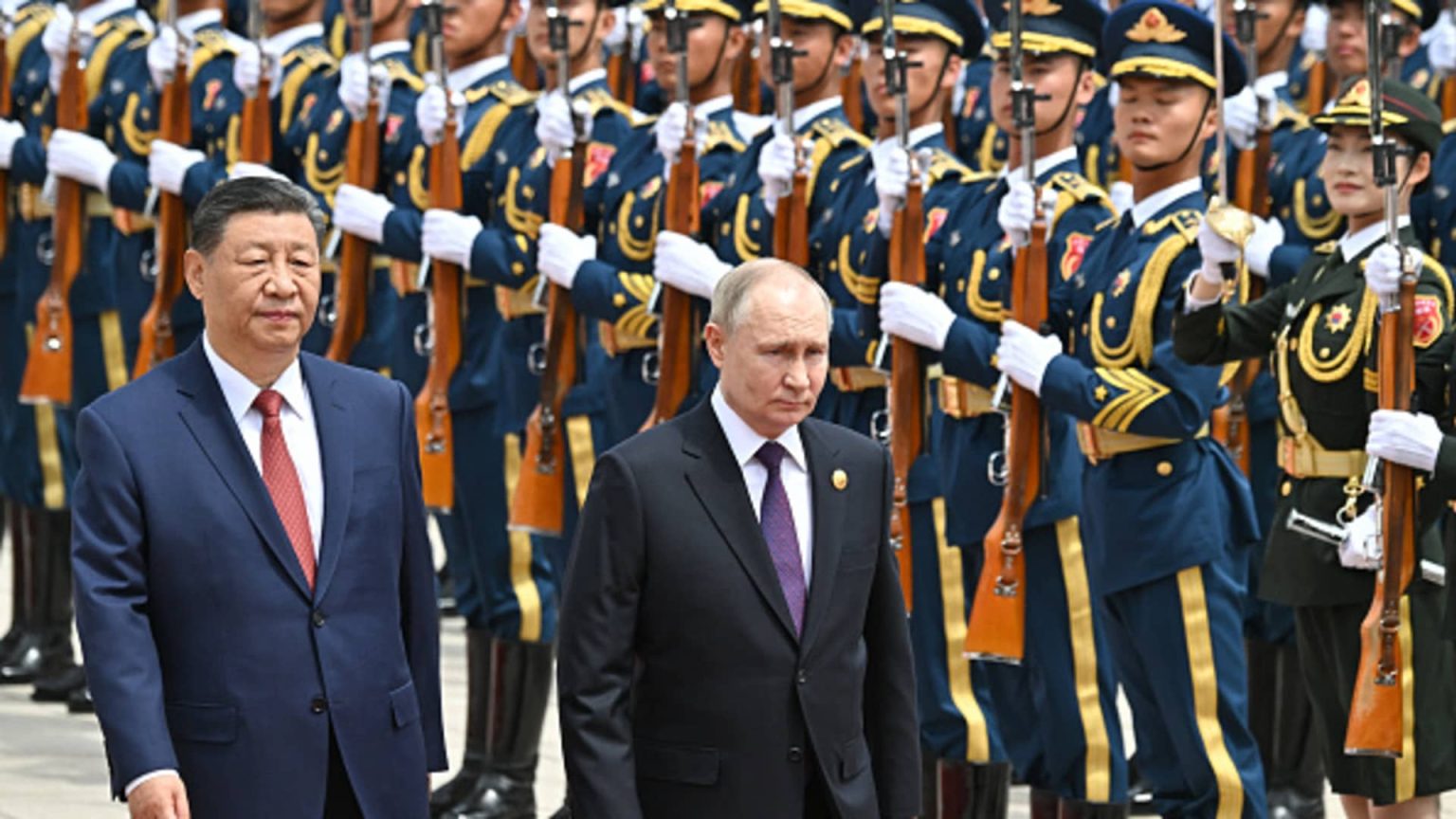The speaker of Russia’s lower house of parliament, Vyacheslav Volodin, accused Ukraine of dragging the U.S. and Europe into a bigger war with Russia because it was losing on the battlefield. He claimed that Ukrainian lawmakers were trying to convince Washington to allow U.S.-supplied weapons to hit targets on Russian territory, which could have devastating consequences on a global scale. There has been ongoing debate over whether long-range missiles can be used to attack Russia within its own territory, with the U.K. giving Ukraine the greenlight but the U.S. being more cautious. During U.S. Secretary of State Antony Blinken’s recent visit to Kyiv, he signaled a shift in the U.S.’ approach, saying it was up to Kyiv to decide how to use U.S.-made weapons.
Ukraine’s military is working hard to slow Russia’s advances in northeast Ukraine, with forces preventing Russian units from moving deep into their territory and significantly reducing the activity of Russian occupiers. The fate of the town of Vovchansk remains uncertain, with conflicting reports on who controls it. Russian forces continue to attempt to seize the town, while Ukrainian forces maintain control over parts of it but have withdrawn in other areas to avoid losses. The situation in Vovchansk is described as extremely difficult as Russian forces establish positions within the town.
The Kremlin reiterated its stance that a peace summit set to be held in Switzerland in June is useless without Russia’s participation, stating that even if China participates, it won’t make the event more effective. Switzerland aims to persuade more countries, including those from the “Global South,” to sign up for the conference. China has proposed a 12-point peace plan for Ukraine that was met with a muted reception in the West. Moscow has not been invited to the summit, but Switzerland has said Russia must be involved in the peace process. The relationship between Russia and China is complex, with shared interests in trade and investment as well as a joint opposition to the West, but also differences that keep them apart, such as Russia’s unpredictability.
Russian President Vladimir Putin heaped praise on Chinese President Xi Jinping during a state visit to China, declaring their relationship as a “strategic partnership of cooperation for a new era.” The leaders discussed trade, investment, energy cooperation, and the situation in Ukraine. Russia expressed gratitude to China for trying to solve the Ukraine crisis. The visit comes as Russian forces advance in all directions in Ukraine, with Sergei Shoigu, the new Secretary of Russia’s Security Council, stating that the offensive is progressing well. Russian forces have taken control of more settlements in Ukraine, building on their daily gains.
Estonia approved the use of frozen Russian assets, which have been frozen due to international sanctions, to be used to compensate Ukraine for war damages. The act passed by the Estonian parliament allows for the creation of a legal framework for the use of such assets for reparations. The EU also reached an agreement to use profits from frozen Russian assets to support Ukraine, with the U.S. planning to seize Russian assets to help rebuild Ukraine. Russia’s defense and security spending could reach 8.7% of its GDP this year, as Putin emphasized the need to use defense funds efficiently while maintaining social obligations to citizens.
The U.S. announced it would provide Ukraine with an additional $2 billion worth of military funding, rushed to the front lines to boost defense capabilities. A security agreement between the U.S. and Ukraine is expected to be signed soon following the completion of the necessary preparations. Ukrainian President Volodymyr Zelenskyy postponed all scheduled foreign visits for several days in light of the recent developments in the Kharkiv region, where Russian forces launched a fresh offensive. Russia claimed to have taken control of three further settlements in Ukraine, intensifying its territorial gains in the country.


